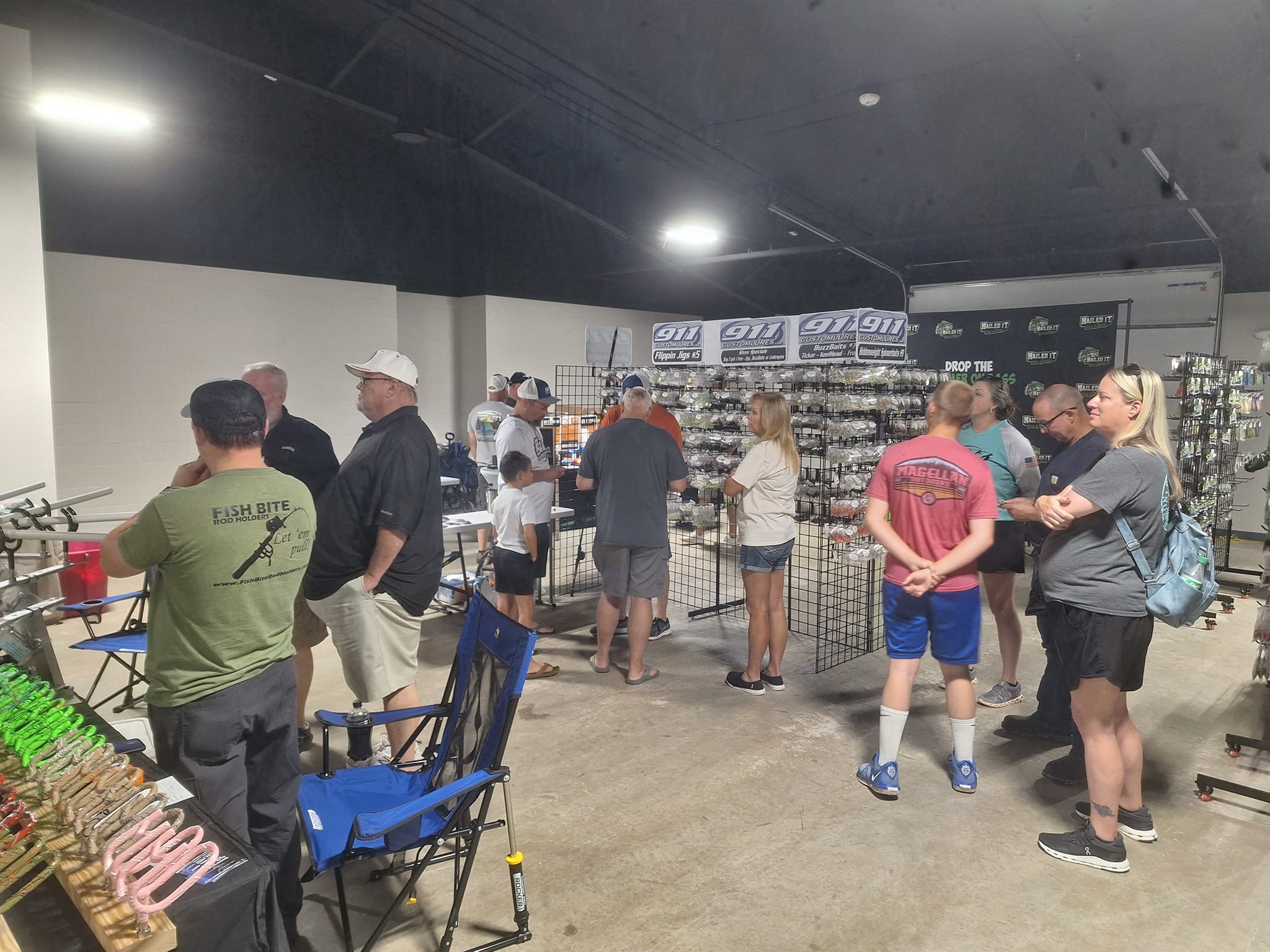STATE: Elon Poll finds N.C. residents increasingly favor COVID-19 vaccination
Published 10:26 am Friday, April 9, 2021
|
Getting your Trinity Audio player ready...
|
The poll conducted March 30 through April 2 of nearly 1,400 residents found they are optimistic about the pandemic and what lies ahead.
A larger segment of North Carolina residents is now in favor of getting vaccinated against COVID-19, with 63 percent of adults saying they have been vaccinated or plan to, the Elon University Poll has found.
That growth appears to be driven by a shift within the population by those who had previously been unsure about vaccination, according to Jason Husser, director of the Elon Poll and associate professor of political science.
Trending
“Vaccine support has increased dramatically since we started tracking attitudes in October 2020,” Husser said. “At that time, only 33 percent of North Carolina residents said ‘yes’ when asked about their vaccine plans. Now, 63 percent have either already taken a vaccine or plan to take it when they can.”
Those against vaccination appear to be little moved by what they have seen or learned since the Elon Poll first surveyed on this topic in October. Across four surveys, the portion of North Carolinians who say they will not get vaccinated has remained relatively steady.
“The size of the group of residents saying ‘no’ to vaccines has consistently been around 20 percent for months,” Husser said. “This continues to cast doubt in my mind about whether some herd immunity goals will be met throughout all regions of North Carolina.”
The Elon Poll found that those who have been vaccinated are overwhelming positive about getting the vaccine, with 92.5 percent saying they are glad they got it, more than 80 percent saying the experience was “very easy” or “somewhat easy” and two-thirds saying they experienced no negative side effects. Sixty-nine percent of those who did experience negative side effects say it was no more than “a minor disruption.”
Among those who don’t plan to take the vaccine or are not sure if they will, concerns about side effects ranked high. Fifty-nine percent say they are “very worried” about the side effects and another 29 percent say they are “somewhat worried.”
N.C. residents are also generally optimistic about what lies ahead. Asked how they think life in North Carolina will be by July 4, 33 percent say it will be “a lot better than it has been in the last year” with another 37 percent saying it will be “a little better.” Twenty-two percent say it will be about the same as it is now while 8 percent say it will be “back to the way it was before the pandemic.”
Trending
This is the second of two releases from a survey of 1,395 residents of North Carolina that was conducted March 30 through April 2 using an online opt-in sample marketplace. The survey has a credibility interval of +/- 2.8 percentage points. The credibility interval is an accuracy measure for opt-in online surveys. A fuller explanation of the credibility interval and the survey methodology are available in the full report.
The survey was conducted by the Elon Poll in partnership with The Charlotte Observer, The Durham Herald-Sun and The Raleigh News & Observer.

A closer look at vaccination rates and attitudes
Breaking out responses based on various demographic or social characteristics offers a more developed look at what North Carolinians think about COVID-19 vaccinations.
Given they have been eligible for the vaccine the longest, it was not surprising to find that residents 65 years old or older have the highest vaccination rate, with 70 percent saying they are already vaccinated, and another 13 percent saying they plan to get vaccinated. But they are also the least likely to be opposed to getting vaccinated, with only 9 percent saying they will not get vaccinated compared to 22 percent for other age-based cohorts.
More Democrats are now vaccinated than Republicans, more Whites are already vaccinated than Blacks or members of other races, and more suburban residents are already vaccinated than those who live in rural or urban environments. Additionally, those with a college education are much more likely to already be vaccinated than those with less than a college degree.
Combining those already vaccinated with those who intend to get vaccinated shows modest variation based on race. While 64 percent of Whites are in favor of vaccination, that falls slightly to 63 percent of residents of other races and 59 percent of Blacks.
There is more variation based on political party. While 76 percent of Democrats are in favor of vaccination, 54 percent of Republicans are in favor and 57 percent of residents of neither political party are in favor. Twenty-eight percent of Republicans say they will not get the vaccine compared to 9 percent of Democrats and 22 percent of those who belong to neither party.






